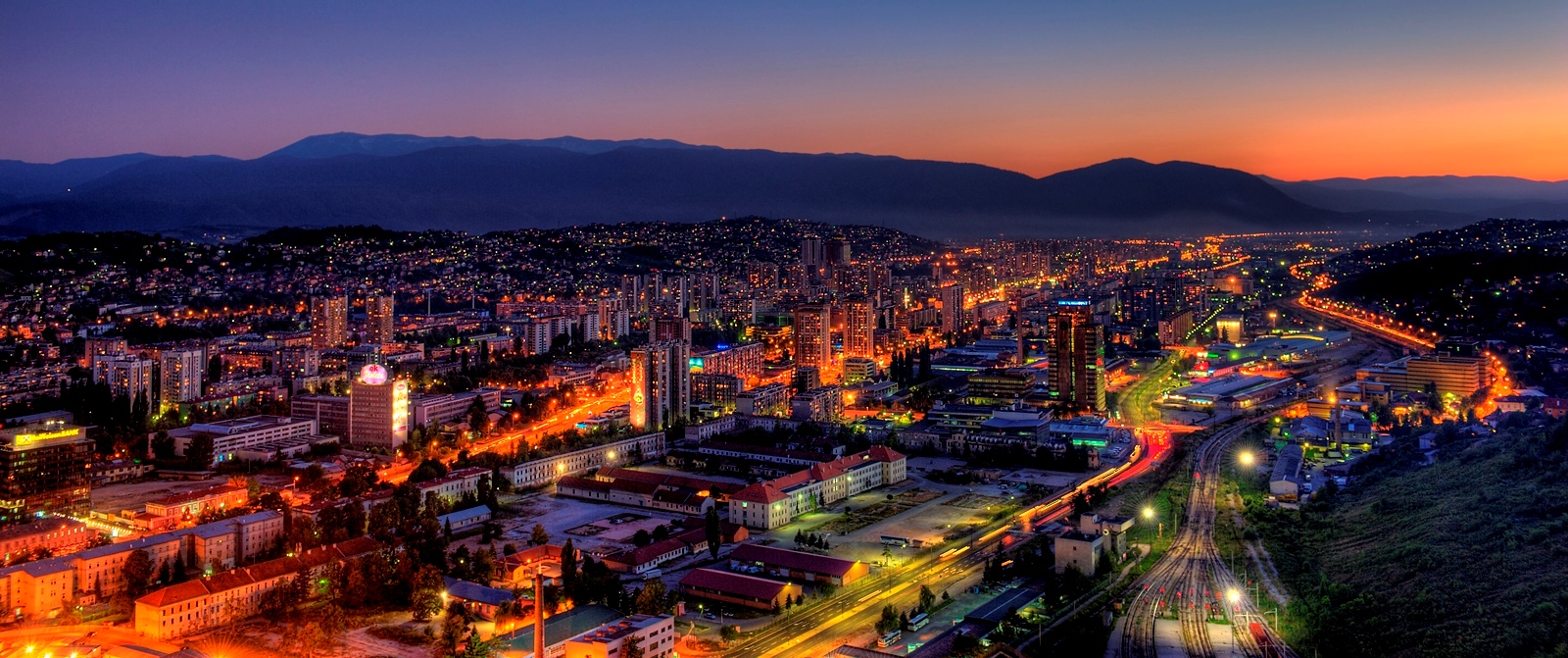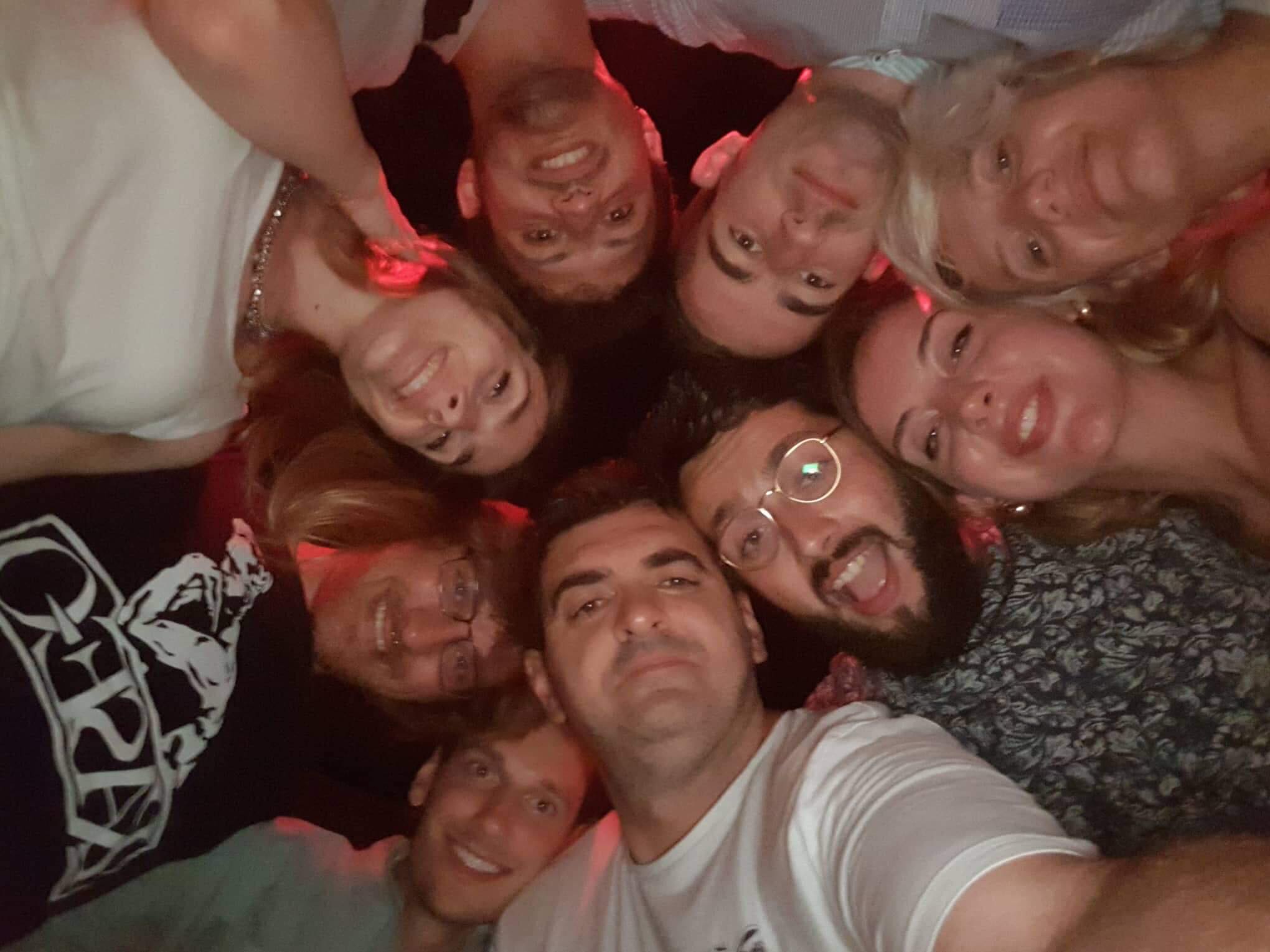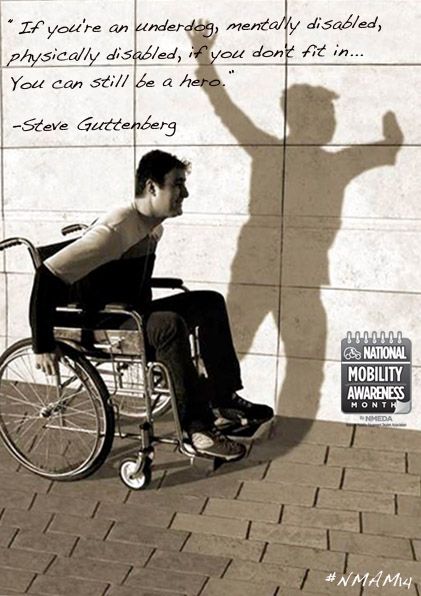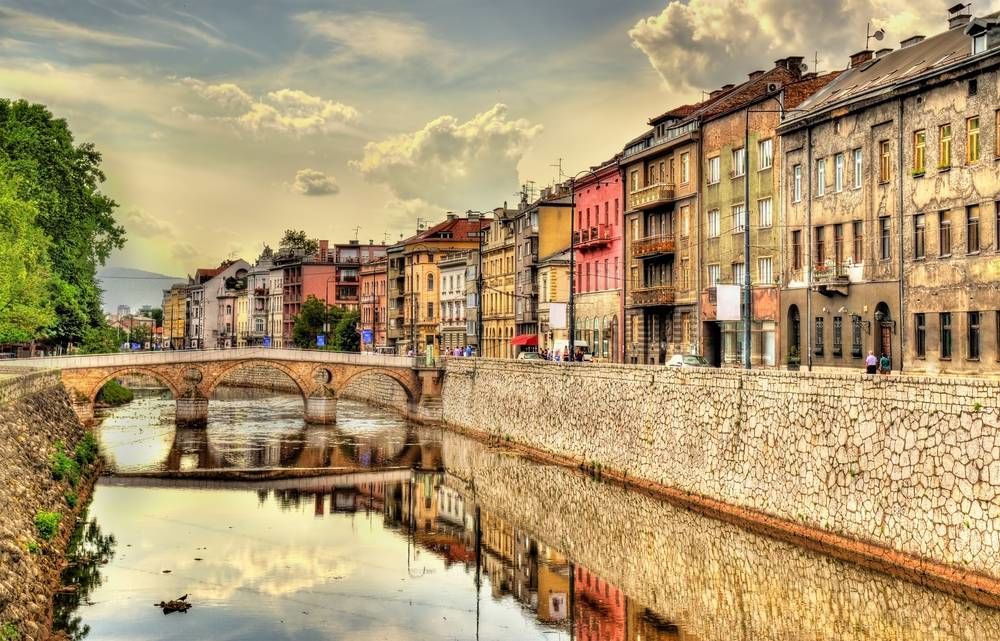Open call for 2 volunteers for “A Place I Know” ESC project in Sarajevo, BiH

PROJECT INFO
- Name of the project: ESC “A Place I Know”
- Date of Project: 03.2021 – 30.04.2021. (2 months)
- Hosting organization: “Bosnian Representative Association for Valuable Opportunities – BRAVO”
- Sending organizations: “EPEKA – Sinop“
- Location: Sarajevo, Bosnia and Herzegovina
- Participants age: 18 – 30
- The number of volunteers: 2
- Working language: English
- Deadline for application: 02.2021.

This project is financed by the European Commission through the Erasmus Plus Program. This publication reflects only the view of the author, and the European Commission cannot be held responsible for any use which may be made of the information contained therein. By Erasmus+ rules organizers will cover travel costs, accommodation and food. As part of ESC you will have provided accommodation, food, pocket money and paid local transport.
SUMMARY
BRAVO’s field of work covers questions related to: Human rights, combating human trafficking, disability, reproductive health and sexually transmitted diseases, gender equality and gender-based struggle, violence, daily sports, audio and video production, people with limited resources, organizations, entrepreneurship, IT, technology, humanitarian aid activities, national and international projects, support in the fight against crime and corruption, sports, international projects, art, photography, graphics, dance and music, human rights, fight against hate speech, fight for minority rights, book, brochure, newsletter, publishing activities of flyers, affiliates and other publications. In addition, the organization has activities for the mentally and physically disabled, hearing and visually impaired people.
Accordingly, the activities to be carried
out by the volunteers:
● Providing help in terms of the cognitive,
behavioral, and skill-oriented development of the disabled,
● Participating in activities to integrate
people with disabilities into society through sports,
● Reading books for the visually impaired,
● Learning and teaching sign language,
● Rehabilitation of small muscle motor
development by creating artistic activities that utilize these muscles,
● Making digital broadcasts of BRAVO,
updating the web page,
● Helping BRAVO to carry out its national and
international activities (seminar, training course, youth exchange, summer
camp, conversation, etc.).
PARTICIPANT REQUIREMENTS
- 18 – 30 years old
- Knowledge of English language (sufficient to establish communication)
- Enthusiastic and open to learning and development
- Open-minded and friendly
- Hard-working and motivated
- Ready to take active participation in our activities
- Able to work with people with disabilities
- Highly motivated person
- Human lover
VOLUNTEERS PROFILE
- Volunteers will work in the BRAVO office where they will learn how to write and prepare Erasmus+ projects related to people with disabilities
- Volunteers will spend part-time in institutions working with people with disabilities (visually and hearing impaired people)
- Volunteers will also work in the organization working with people whose impairments are cognitive, behavioral, and related to skill-orientation.
- Volunteers will also organize intercultural nights to promote their food and culture
- Volunteers will visit sports clubs working with sportsmen/women with disabilities

GOALS AND ACTIVITIES
- Access to talent
By focusing on skills rather than stereotypes, volunteers will access an untapped pool of talent. - Increased innovation
They will support people with disabilities and will help them get more experience in different approaches to problem-solving. - Increased engagement and retention
Volunteers and people with disabilities will feel included and will achieve higher levels of loyalty and enthusiasm. - Better reputation
Volunteers will help people with disabilities become more included in society and daily work. They will work on inclusion together. - Benefits for everyone
Everyone benefits from an inclusive workplace, not just those with a disability.
- Volunteers will work in BRAVO office where they will learn how to write and prepare Erasmus+ projects connected with people with disabilities
- Volunteers will spend part time in the institutions working with people with disabilities (blind and deaf people)
- Volunteers will also work in the organization working with cognitive, behavioral, and skill-oriented disabled people.
- Volunteers will also organize intercultural nights to promote their food and culture
- Volunteers will visit sports clubs working with sportsman/woman with disabilities

Travel, Food and Accommodation
The hosting or sending organization will buy plane tickets for selected volunteers.
The volunteer will live in a shared house/apartment with other volunteers in different rooms, with a shared living room, kitchen, laundry and social facilities.
Volunteers will be provided with ACCOMMODATION, a monthly FOOD allowance and POCKET MONEY.

ABOUT HOSTING ORGANIZATION
Bosnian Representative Association for Valuable Opportunities (BRAVO) is a non-profit and non-governmental organization. BRAVO is a professional organization based on knowledge, focused on entrepreneurship, civil society development, non-formal education and innovative learning and development techniques for young people and adults.
What makes this organization outstanding and ready to take responsibility are our key principles: tolerance, democracy, diversity, voluntariness and openness. We promote partnerships between the private and public sectors, civil society for sustainable community development, advocating for the education of young people with an emphasis on skills needed in the 21st century, investing in entrepreneurship, innovation, non-formal education and sustainable local community development.
Our teams are working in the following fields/topics: Human Rights, Anti-Trafficking, People With Disabilities, Reproductive Health and STDs, Gender Equality and Combating Gender-Based Violence, Sports on a Daily Basis, Audio and Video Production, People with Fewer Opportunities, Organizing events, Entrepreneurship, IT and ICT, Technology, Humanitarian actions, National and International projects, Support in a Fight Against Criminal and Corruption, Startup Support, Consulting, Entrepreneurship, Project Management, Fake News & Fake Media, Refugee and Migrants, Creative Actions, but at the same time we are working on publishing books, brochures, newsletters, flyers, affiliations and other publications and a lot of others activities.
We are actively working in the following fields:
- Youth Empowerment
- Education and training
- Soft skills
- Public speaking and communication
- Employment Creation
- Teaching importance of the Reproductive Health and STD-s
- Combating Anti-trafficking
- Environment
- Youth and Non-Formal Education
- Arts and Culture
- Sports and Recreation
How to apply?
- Complete the BRAVO- APPLICATION FORM with CV and Motivation Letter in English title as following ”name of the project you are applying for” until 23:59 on deadline day.
- Deadline for applying: 08.02.2021.
- Prelection results: 10.02.2021.
- Interview with sending and hosting organizations and selection results: until 15.02.2020.
- If you have any questions don’t hesitate to contact us at: office@bravo-bih.com
SARAJEVO, Bosnia and Herzegovina
The project meeting will take place in Sarajevo – the city where east meets west:
Its idyllic mountain setting and diverse heritage makes Sarajevo one of Europe’s most intriguing cities. Yet it is its indomitable spirit that makes it truly special.
If ever a greeting has momentarily filled my head with mixed emotions, it was the one offered to me the other day by a smiling young taxi driver at an airport. “Welcome to Sarajevo,” he announced, and then he sped me off to my hotel in Baščaršija, the city’s cultural and historic heart.
Although Sarajevo, capital of Bosnia and Herzegovina, is a name which might seem inextricably linked to war and tragedy, the passing of 20 years has done much to heal this remarkable and resilient city, and tourism is now sharply on the rise. The reason is obvious. Sarajevo is beautiful.
The city is tucked inside a long, thin valley and surrounded on all sides by forested mountains, and almost every crossroads and street corner provides at least a glimpse of an idyllic picture-postcard backdrop. During the worst moments in the city’s history, when its inhabitants were targeted by snipers, this dramatic geography proved to be a terrifying drawback but, thankfully, the spectacular natural beauty of Sarajevo can again be admired and enjoyed.
The best way to do this is to find the highest vantage point possible, and with the recent reopening of Sarajevo’s iconic cable car, a trip up the mountainside has, once again, been made easy. A short walk from Baščaršija brings you to the shiny new cable car station in the foothills of Mount Trebević, one of the peaks which played host to events in the 1984 Winter Olympics. For a return fee of 20 Bosnian marks (approximately £10), this must-do cable car lifts you more than 1,100m in seven minutes, providing breathtaking views every second of the way. At the top, the perspective shifts and changes like a kaleidoscope. In the short space of time that I was on the mountain, I saw the cityscape swelter beneath me under a clear blue sky and then quickly become obscured by twirling strands of mist that seemed to appear from nowhere.

It’s a view which defies comparison with most other European cities. Mosques and minarets decorate the skyline along with the Romanesque towers of Catholic churches and the onion-shaped domes of Orthodox ones. And that is another thing which makes this city so fascinating: it’s a place where east and west meet. On the main pedestrian thoroughfare, Ferhadija, this cultural equator is marked for posterity on the pavement and a sign encourages visitors to take a photo looking first one way up the street and then the other.
The contrast is stark. Austro-Hungarian architecture and a mosaic of western shop signs can be seen in one direction, while, with a simple turn of the head, the outlook abruptly transforms into a Turkish bazaar. On one side of this line, people sit and drink beer at tables on the street, while on the other, there isn’t a drop of alcohol to be found. Instead, you’ll find open-fronted cafes offering strong Bosnian coffee and also, perhaps, a puff on a hookah pipe.
Following Ferhadija in the direction of the coffee will wind you into the heart of Baščaršija and, inevitably, to the enjoyable hubbub nicknamed “Pigeon Square”. My first visit here was to the accompaniment of Bosnian folk music being blasted loudly through outdoor speakers and provided the odd spectacle of several dozen tiny parked cars which looked like vintage Fiat 500s but were, in fact, Yugoslav Zastava. Like the views from Mountain Trebević, the drama in Pigeon
Square is ever-changing but one constant is the wonderful ice-cream being sold by street vendors in an alluring range of flavours. One scoop will set you back as little as 1€.
For a wider choice of refreshments head for Gazi Husrev-begova, the narrow street walled on one side by the indoor marketplace known as the Old Bezistan. Cafe tables squeeze the street even tighter and a cup of coffee here lasts as long as you can linger over it. A good choice is Café Ramis, which sits on a corner and attracts locals and foreign visitors alike. With windows that open fully on to the street, it actually makes little difference whether you choose to sit in or out but there is something rather lovely about relaxing inside, surrounded by Ottoman geometric patterns and happy people munching cake. The cakes reveal as much about Sarajevo’s diverse heritage as everything else does in this city. Viennese Sachertorte is offered alongside krempita kolač (a Bosnia and Herzegovinan custard slice), as well as something that looked to me very much like a rum baba. Whatever you choose, you won’t be rushed.
Sarajevo has such a good vibe that it can be extremely difficult to grasp the terror of what happened here as recently as the mid-1990s. But the truth is that you don’t need to look far for evidence. Any building which predates that time is likely to be pockmarked with bullet holes, and a memorial garden in Veliki Park, opposite one of Sarajevo’s busiest shopping malls, quietly commemorates the 1,500 children who lost their lives during the 44-month long siege.
Even without factoring in its incendiary role in the first world war, the history of Sarajevo can seem impossibly sad. Despite that, it doesn’t feel like a sad place to visit because when you come here, you get the sense that the city is now looking to the future. And it does that with dignity, resilience, an indomitable spirit and hope. If you want to discover somewhere remarkable, then make your way to Sarajevo.
